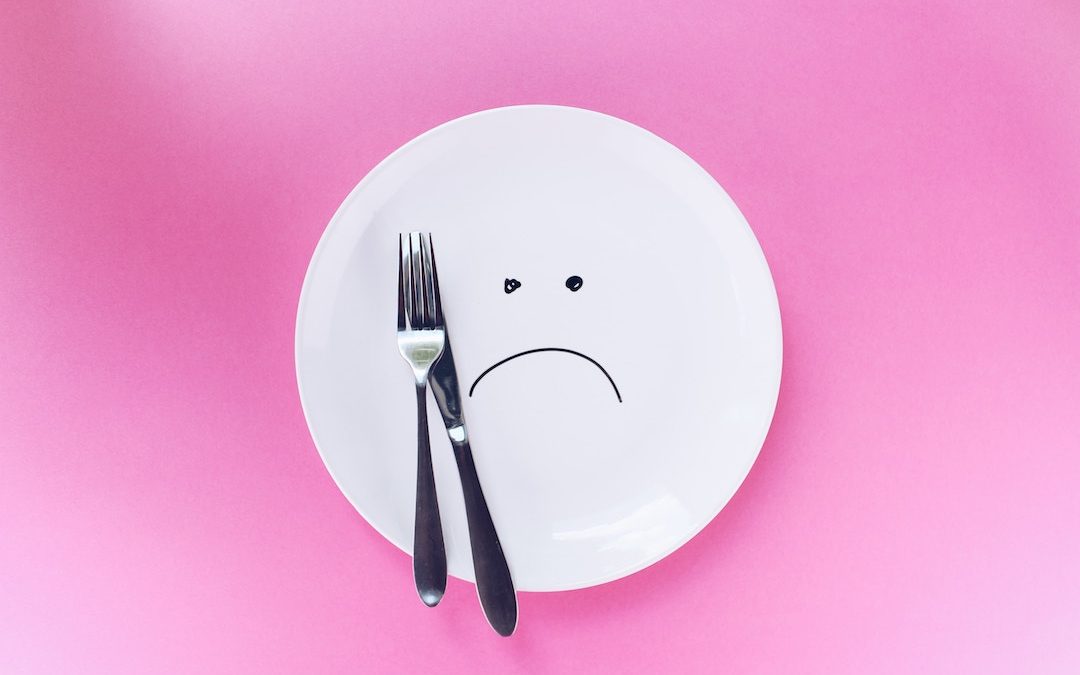It’s not unusual in my house to hear someone slam through the front door, along with the words, “I’m not playing with them anymore.”
This could be for any number of reasons—someone’s cheating (according to the one upset), someone made them mad, or, the most frequent offense, someone doesn’t like losing. (That would typically be the one who walked his declaration inside.)
My sons love playing street hockey in our cul-de-sac. At least until they lose.
I can’t really blame them. Everybody wants to win. Who likes losing?
This gets the best of me sometimes. Right around this time of year, actually. There are awards lists. And best-of lists. And lists to predict the awards and best-of lists. Not making it on one of these lists is kind of a confidence- and soul-crushing thing. For me.
Writers are sensitive people, you know.
I usually have to take a social media break because of the lists. Winning and losing has always mattered to me. Being the best—that especially mattered.
When I ran track, competitions came standard—and how you performed was important. There were clear winners and losers, and I wanted to be a winner. The same was true when I played the clarinet and auditioned for the all-state band. I made second-chair state my junior year of high school, and that felt like a win. But when I made second-chair state my senior year, it felt like a loss, because I wanted to be first chair.
Your goals change the higher you rise.
It’s long been a dream of mine to win a major award for one of the books I write. That feels like winning to me—winning an award and achieving a dream at the same time. But is it losing if I never win a major award? Sometimes it feels like it.
It can be really tempting to feel competitive with other writers, especially when award season comes around. Especially when we think about winning and losing this way.
Carlos Gershenson, a computer scientist and researcher, says, “Winning or losing doesn’t matter so much as what you learn from it.” I like that. It reminds me that we get to make our own definition of winning and losing.
We learn from winning, and we also learn from losing. Actually, we might learn more from losing. Losing—facing disappointments and setbacks—often makes us want to work harder toward our goals. That’s an important part of the journey, too.
What if, instead of focusing on the black-and-white reality of winning and losing, we lean more toward the gray: what we learn? From the journey. From the training. From the day in, day out act of writing. Being. Becoming ourselves.
And maybe we win, in the process—because the measure changes. Winning is learning something. Losing is learning nothing.
Here are some things we can learn from the journey:
1. We are stronger than we know.
Sometimes the disappointment of what we consider losing can completely overwhelm us. Maybe we’re knocked out of the game for a while. That’s okay. Somewhere along the way we’ll pick ourselves back up and start the work again—stronger and fiercer and steadier than before. We learn we’re made of stronger stuff than the flimsy paper that disintegrates in the rain. We learn that no one has control over whether or not we write every day except ourselves. And we learn that falls only hurt for so long before all the bruises go away.
2. We will persist.
We face a lot of rejection and disappointment in the writing industry. But that’s not losing, it’s winning—we’re putting ourselves out there, inviting people into our stories. It’s a vulnerable place to be.
The stories and poems and novels I’ve written have been rejected many times in the years I’ve been submitting them. Rejection always hurts. It never gets easier (at least not for me). But I’ve learned, in the years spent navigating this rejection, that it’s only the end of my writing career if I let it be. Sure, it stings, and sure, it can feel like a kind of death, but rejection doesn’t matter nearly as much as persistence. In the writing world, those who persist in spite of seemingly endless setbacks and disappointments ultimately win.
3. “Losing” is not the end of the world—or the end of us.
We know, intuitively, that “this” (whatever “this” is) is not the end of the world. It can certainly feel like it in the beginning, when the pain of “losing” is fresh. Our hope flatlines sometimes—for a while, maybe. But “losing” is only a hurdle, an opportunity to strengthen our resolve, our skills, and our belief in ourselves. How badly do we want our goals? We can’t let any rejection or disappointment or “losing” get in the way of them.
Have a spectacular month of persisting.


